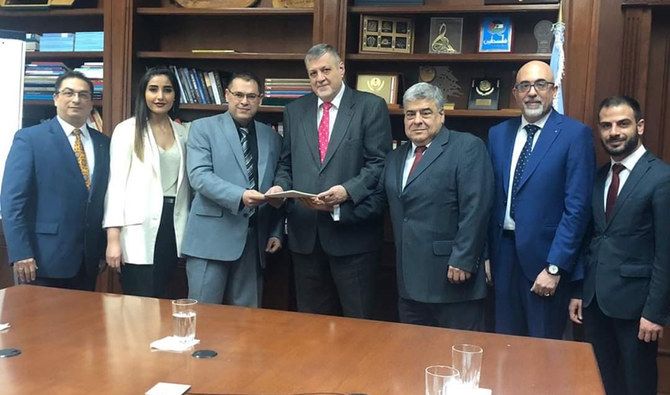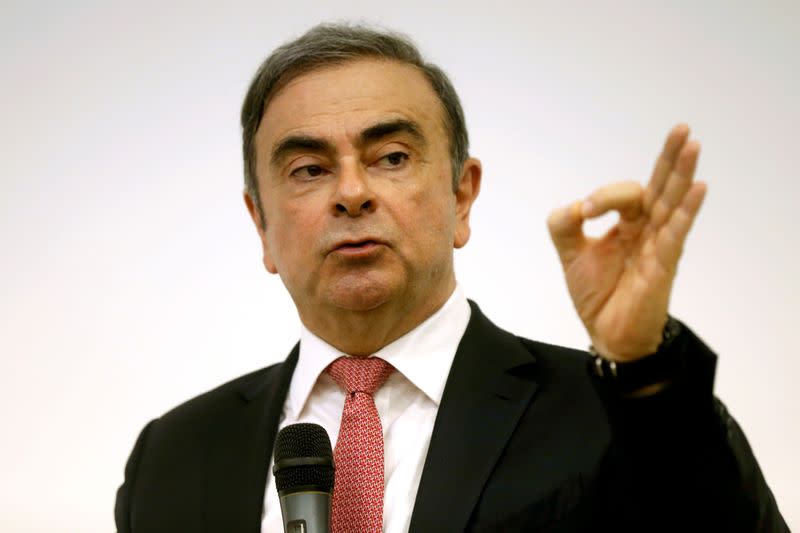
by arabnews.com — BEIRUT: Campaigners in Lebanon will gather at Beirut’s Press Club on Wednesday morning to unveil a petition that calls on the UN to create an international commission to investigate and prevent political corruption. It has been signed by number of former ministers, former and current MPs, representatives of non-governmental organizations, and intellectuals. Toni Nissi, the president of the International Lebanese Committee for UN Security Council Resolution 1559, a pro-democracy NGO, said that there have been many attempts by campaigners to clean up politics in Lebanon over the years, including lobbying for international resolutions to be issued and implemented.
“The crisis is due to the high levels of corruption and the lack of leadership skills among Lebanese politicians,” said Nissi, “It is impossible to have a stable economy when the public sector supplies 65 percent of the jobs. How can the taxes paid by the 35 percent working in the private sector be able to pay the salaries of the 65 percent plus all the country’s expenses, with all the ongoing corruption?” Given that politicians from the governing parties continue to exert full control over the implementation of laws in Lebanon, and rarely commit to the implementation of UN resolutions and decisions, including UNSCR 1559, some might be skeptical about the chances of the petition having any significant effect. Nissi, however, remains hopeful that it will bring about change, because the commission would be set up directly through the UN without interference from the Lebanese administration. “Political reform is a must,” he said. “But to reach political reform we must stop the corruption first, get back the stolen money, eliminate any factors that protect the thieves, and achieve enforcement of the law. We believe that if the petition’s requests are implemented, we might reach that phase.”








